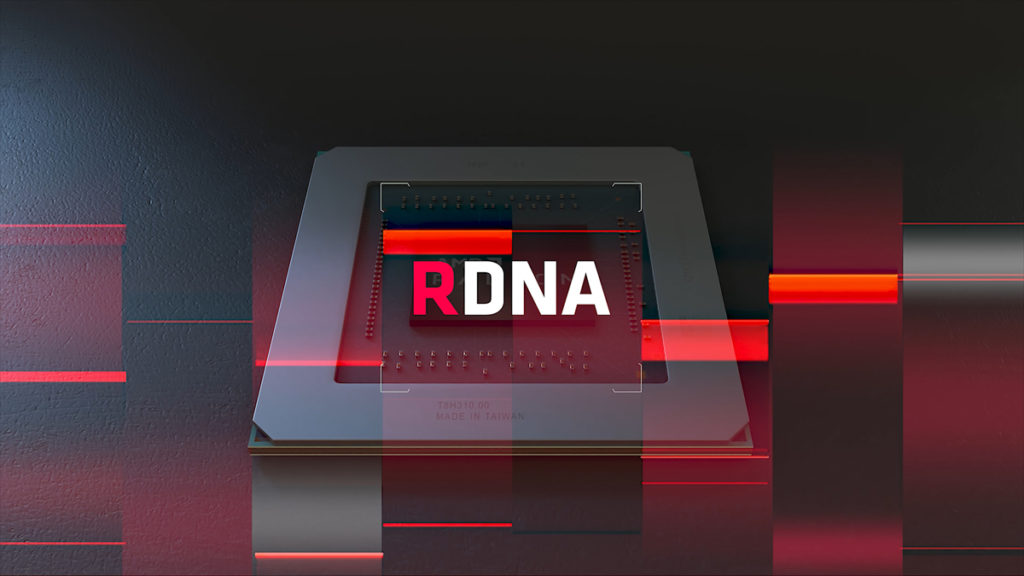Well , I think everyone (in internet general terms) is too confident on nvidia being able to beat AMD with the 3000 series.
It's ... possible ... that AMD could come out with a market-leading performance card.
But it's like betting on a horse that's half a lap behind. Sure, it's possible, and it's happened before, but 9999 out of 10,000 times the horse in the lead is going to win; it's going to take a miracle. AMD still has a ways to go before they are really competitive with the top tier offerings from nVidia's current generation, let alone whatever may come out in the next generation later this year.
nVidia's architecture just has a very large lead. AMD wasn't able to beat it even with a process node advantage this generation. I'm not saying AMD can't close that gap, but to expect AMD to go from as far behind as they are now, to market leading, in the span of just another generation is not a very realistic expectation.
For the record, I don't think AMD needs to necessarily be market leading in terms of performance. It's nice to see, and there's definitely a halo effect that occurs. A lot of folks here may purchase top tier cards, but I think the middle-lower tiers are far and away the bulk of the volume, and AMD has always been very competitive in those categories. A lot of people, even in enthusiast forums such as this, will poo-poo on AMD for not having a market leading card, even though they themselves don't even own a top tier card (or real intentions of even purchasing one) and it doesn't really affect them.
Even if you look at the CPU side of the house - Zen 1 didn't really beat Intel at anything apart from price - Intel still had a IPC advantage, and could be competitive with core count (albeit at very high price). But just closing that gap and getting close was enough to generate an awful lot of excitement. It took another two generations for AMD to pull out ahead - and that's with Intel being stuck on their architecture and not able to really push anything in their own generational increases, and stuck a process node back. nVidia, I don't think, is stuck in the same rut as Intel is right now, and that will be a much bigger fight for AMD.
(my personal favorite bias is anytime an nVidia owner has an issue with a card, it's obviously a power supply problem; but if an AMD owner has a problem, it's always because of crap drivers)

